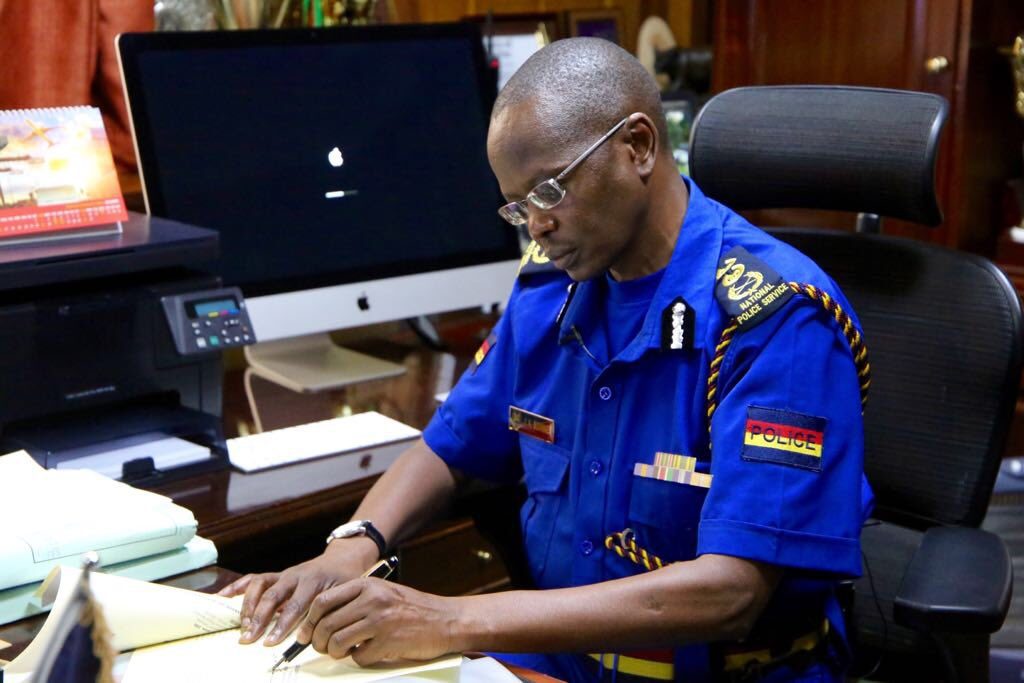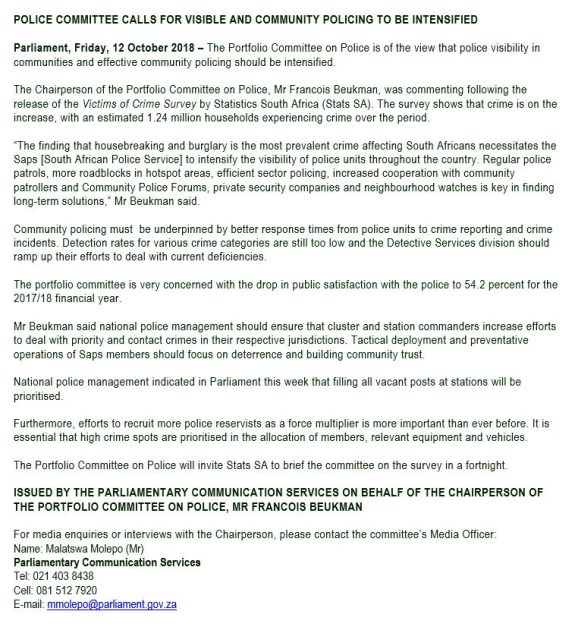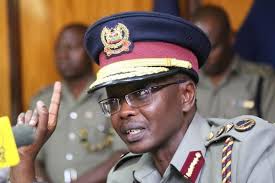(Courtesy of Save the Children)
In light of the unprecedented executions of terror attacks and disasters, Children must be guided well to overcome trauma associated with such depressing occurrences.
Many parents, teachers, grand parents and care givers are concerned about how dramatic images of disasters can affect the emotional well-being of their children and are looking for advice.
To help provide guidance, Save the Children has prepared the following 10 tips. They can be used by adults to support children through any disaster. These tips are based on Save the Children’s years of national and international experience in supporting children in disasters.
Save the Children recommends parents, teachers, grandparents and caregivers:
- Limit television time: While it can be important for adults to say informed about the disaster, television images and reports may be confusing and frightening for children. Watching too many television reports of the disaster can overwhelm children and even adults. So, limit the number of television reports about the disaster you and your children watch.
- Listen to your children carefully. Try to find out your child knows and understands about the disaster before responding to their questions. Children can experience stress when they do not understand dangerous experiences. Find out what your child knows about the disaster. Then, talk to your child to help him or her understand the situation and ease their concerns.
- Give children reassurance: Tell children that adults are doing everything they can to protect and help children who have been affected by the disaster. Also, let them know that if an emergency happens, your main concern would be their safety. Make sure they know they are being protected.
- Be alert for significant changes in behaviour: Caregivers should be alert to any significant changes in children’s sleeping patterns, eating habits and concentration levels. Also watch for wide emotional swings or frequent physical complaints. If any of these actions happen, they will likely lessen within a short time. If they continue, however, you should seek professional help and counseling for the child.
- Understand children’s unique needs: Not every child will experience a disaster in the same way. As children develop, their intellectual, physical and emotional abilities change. Younger children will depend largely on their parents to interpret events; older children and adolescents will get information from various sources, such as friends and the media. Remember that children of any age can be affected by a disaster. Provide them all with love, understanding and support.
- Give your children extra time and attention: Children need close, personal attention to know they are safe. Talk, play and most importantly listen to them. Find time to engage in special activities with children of all ages.
- Be a role model for your children: Your children will learn how to deal with these events by seeing how you respond. The amount you tell children about how you are feeling should depend on the age and maturity of the child. You may be able to disclose more to older or more to older or mature children but remember to do so calmly.
- Watch your own behaviour.
- Howdy, News Blaze Digital Team





